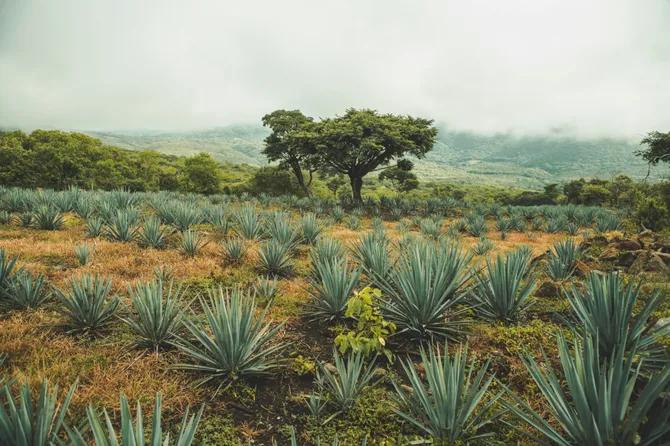
South Africa
Democracy and Governance
Institutionalizing data-driven policymaking to improve access to water, air, and energy in Cape Town
In partnership with the NGO Search for Common Ground (SFCG), Innovations for Poverty Action (IPA) proposes to conduct a smartphone survey component designed to complete the impact evaluation of an innovative project: introducing farmers and herders inter-dialogues, to evaluate whether such contacts can reduce farmer-herder conflicts in Nigeria.
Project deployed by:


Farmer-Herder conflicts are a burning issue in all Sahelian countries. The complexity of conflicts has been growing over the past 10 years, especially in Nigeria, due to tensions on resources access, declining trust between communities, and violent groups exploiting existing intercommunal tensions. In Nigeria, nearly 2,000 people were killed and 300,000 displaced due to farmer-herder conflicts over 2017-2018 (International Crisis Group, 2018).
The anticipation of violence severely undermines investment incentives and productivity of both farmers and herders. This creates a vicious circle of violence causing poverty, which itself exacerbates the conditions that lead to conflict. In this context, negotiation may break down because the parties either have asymmetric or false information about each other, or face a credibility problem, which makes it difficult for them to commit.
Given the extent to which violence can spread, this problem does not just affect farming and herding communities, but the population as a whole, comprised of about 35 million individuals residing in the region of Middle Belt in Nigeria.
**The project aims to reduce the prevalence of conflict and disputes between farmers and herders by enhancing inter-group trust, forming social networks, fostering cooperation or building institutions for conflict resolution. ** A randomized controlled trial (RCT) will be conducted to evaluate whether contact between farmers and herders through inter-dialogues can reduce farmer-herder conflicts in Nigeria and generate evidence helpful for similar contexts in other Sahelian countries. In partnership with Search for Common Ground (SFCG), Innovations for Poverty Action (IPA) will conduct a smartphone survey that will take place in three states: Benue, Nasarawa and Plateau. This survey involves distributing smartphones to one knowledgeable farmer and herder and specific training in order to collect regular data on conflict-related issues.
In this way, the solution is expected to provide more and better information relative to in-person surveys. If proven successful,** the solution could be implemented in many other regions and countries where farmer-herder conflicts occur**, including Côte d’Ivoire, Cameroon, Mali and Burkina Faso, a swath of Sub-Saharan Africa which hosts around 270 million people.
The contact between farmers and herders is expected to reduce the prevalence of conflict and disputes. The impact evaluation aims at estimating the effect of the intervention on conflict incidence in an active conflict situation.
Thus, the conflict could be mitigated by either enhancing inter-group trust, forming social networks, fostering cooperation, or building institutions for conflict resolution. Therefore, data will be collected on these other measures to shed light on potential mechanisms to invest in.
The conflict reduction is also expected to produce an increase in economic activity: higher levels of trust and increased networks would allow them to make additional investments and trade more freely with each other.
Projects
Projects funded by FID

South Africa
Democracy and Governance
Institutionalizing data-driven policymaking to improve access to water, air, and energy in Cape Town

South Africa
Democracy and Governance
Institutionalizing data-driven policymaking to improve access to water, air, and energy in Cape Town

Education
A digital platform to improve high school students’educational decision-making in Dominican Republic